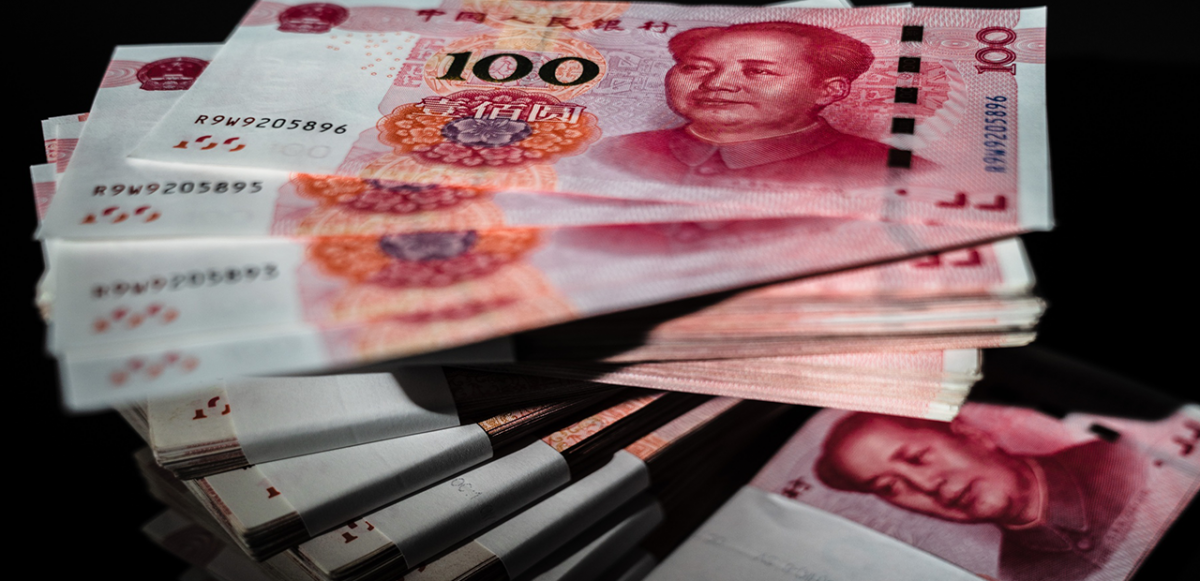China’s Yuan Defense May Undermine Global Bond Demand
China’s efforts to defend the yuan have unintended consequences, casting a shadow on the global bond market as investors grapple with higher overseas funding costs. These developments have created a scenario where investors may divert their attention away from Chinese bonds in favor of more attractive options like US Treasuries, posing a significant challenge for Beijing’s currency stabilization efforts.
The People’s Bank of China’s mission to maintain the yuan’s stability has, in a twist of fate, triggered a decrease in bond demand, raising concerns about the health of the Chinese debt market and the broader goal of globalizing the yuan. This conundrum underscores the complexity of managing a currency in a globalized financial landscape.
Tightening offshore yuan funding is viewed by experts as a short-term solution with potential long-term repercussions. This measure risks dampening offshore investors’ enthusiasm for onshore bonds, potentially slowing down the internationalization process of the yuan. The dynamics favor US government bonds over yuan-denominated notes, which exacerbates China’s predicament.
The surge in yuan funding costs, coupled with a constrained supply of the currency in overseas markets, has eroded the attractiveness of hedged investments linked to the yuan. Collectively, these factors create a challenging environment for Chinese bonds, leading to increased outflows from the bond market and a drop in foreign holdings to a four-year low.
Unfortunately, the prospects for improvement remain dim in the near term, primarily due to rising US interest rates that continue to diminish the appeal of the Chinese currency. While there has been a recent recovery in the onshore yuan, it remains perilously close to its lowest point in 16 years.
The People’s Bank of China now faces a daunting dilemma. Balancing the imperative of currency stability with the need for flexibility in its foreign-exchange policy is no easy task. Moreover, the recent actions taken by the US Federal Reserve further complicate China’s efforts to manage yuan funding.
In conclusion, China’s bid to defend the yuan, while well-intentioned, has introduced a host of challenges for both domestic and international bond markets. The unintended consequences, including reduced demand for Chinese bonds and the slowing of yuan internationalization, underscore the intricate nature of contemporary global finance. As the world watches these developments, it remains to be seen how Beijing will navigate this complex financial landscape in its pursuit of currency stability and global prominence.

.webp)




